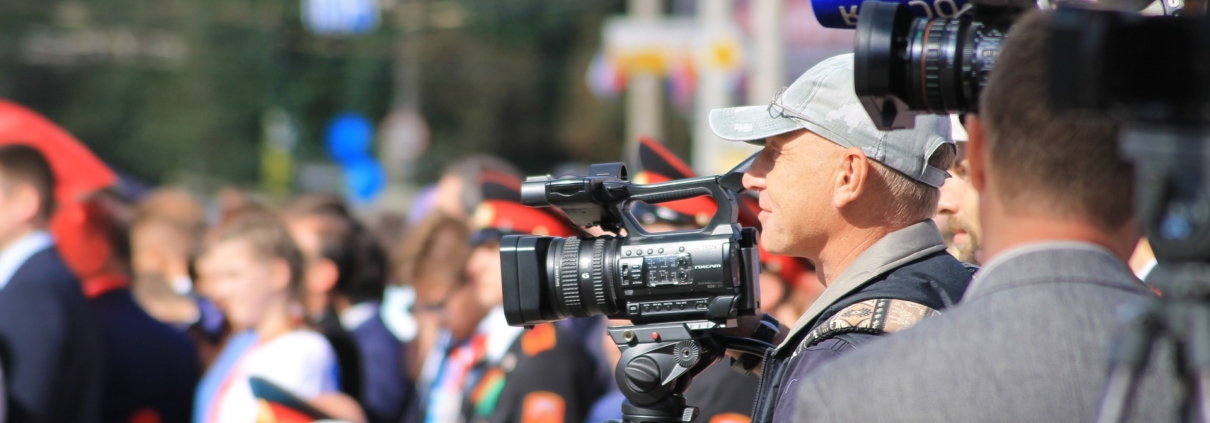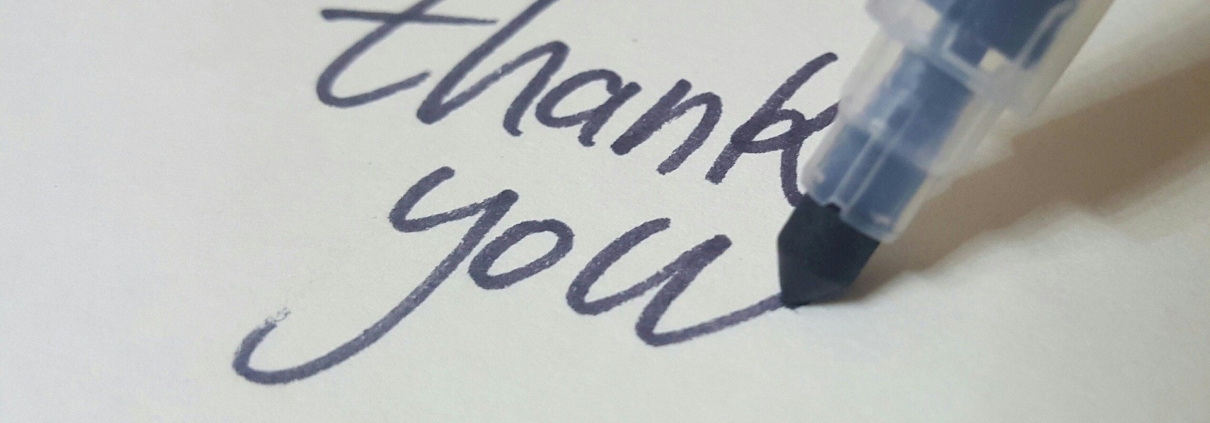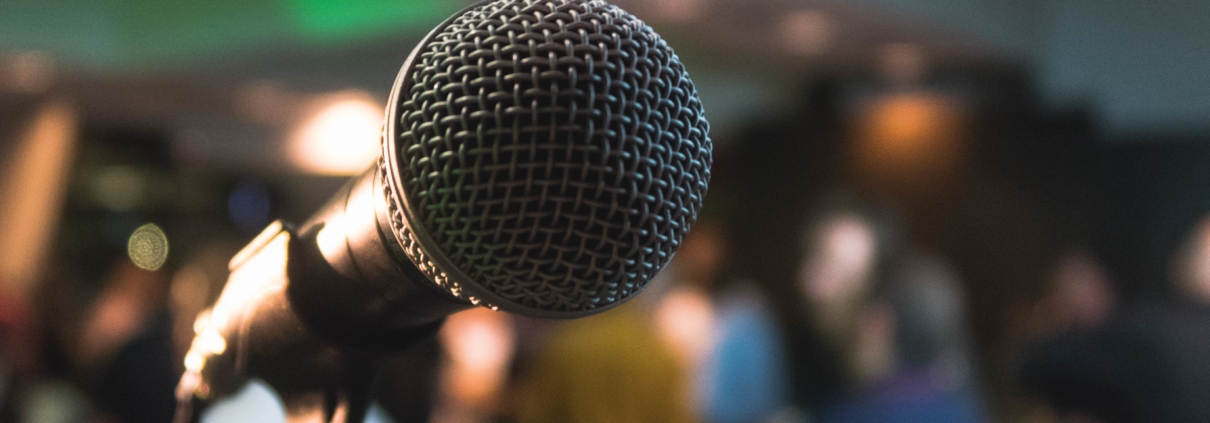_____
BONUS FREEBIE: Your message deserves the media’s attention. So how do you get out there in a bigger way? I’ve got you covered. CLICK HERE to grab my free “Checklist to Become a Go-To Media Expert.”
____
I’ve been watching so much television recently. It’s part of my job!
One thing that has been driving me crazy is how often I hear experts say “thank you.”
It usually goes like this: the interviewer asks the expert a question, and the expert responds by saying something like, “Thank you for having me” or “Thank you for asking me that question.”
Agh! I always wish I could tell them to cut it out.
It’s not a matter of being rude. I know we’re socialized to say “thank you” all the time, but it’s a bad habit when you’re appearing as an expert!
Here’s why you need to stop saying “thank you” on TV — and what to start saying instead.
1) We already know you’re thankful to be there.
If you’re appearing on TV, you’ve said yes to being on TV — so the interviewer and audience know you’re happy and excited! You really do not feel like there is a need to thank the interviewer every time they ask you a question.
I was a TV producer for almost 20 years, and I can assure you that no producer or interviewer will think you’re being rude if you skip the “thank you.”
2) You’re wasting time.
All the time you’re allotted on TV should be used for your message. Every single second!
That’s not selfish or rude — it’s the opposite.
You have an opportunity to connect with your audience and share your expertise. That’s a public service!
When you say “thank you” three or four times in a 30 second soundbite, you’re using up precious time that could be used to help your audience.
3) Instead, practice your first sentence on TV.
I have a sneaking suspicion that one of the reasons people say “thank you” so much on TV is because they want to ease into what they’re going to say.
In regular conversation, that makes sense.
But TV isn’t a regular conversation! The same rules do not apply.
The best way to grab your audience’s attention is to begin with a clear, concise answer right out of the gate.
That’s where my Accordion Method comes in — you can find out more about that here.
You need to have a short, medium, and long answer to every question you think you’ll be asked on TV. Those answers should all start out with your main idea like a newspaper headline.
This is something I talk about all the time with my media clients.
People have short attention spans. You have to hook them right away!
When you begin by saying “thank you,” you’re not only watering down the strength of your response — you’re potentially losing your audience.
It really helps to practice your first sentence so you’re not filling your time as you settle in. I always do this, whether I’m going on TV, creating a video or going live on my live-streaming show Inside Scoop – which you can sign up for reminders of right here.
Next time you’re watching TV – take a note of how reporters and seasoned contributors start speaking on camera – I’ll bet they don’t start with thank you.
________
BONUS FREEBIE: Your message deserves the media’s attention. So how do you get out there in a bigger way? I’ve got you covered. CLICK HERE to grab my free “Checklist to Become a Go-To Media Expert.”
______





